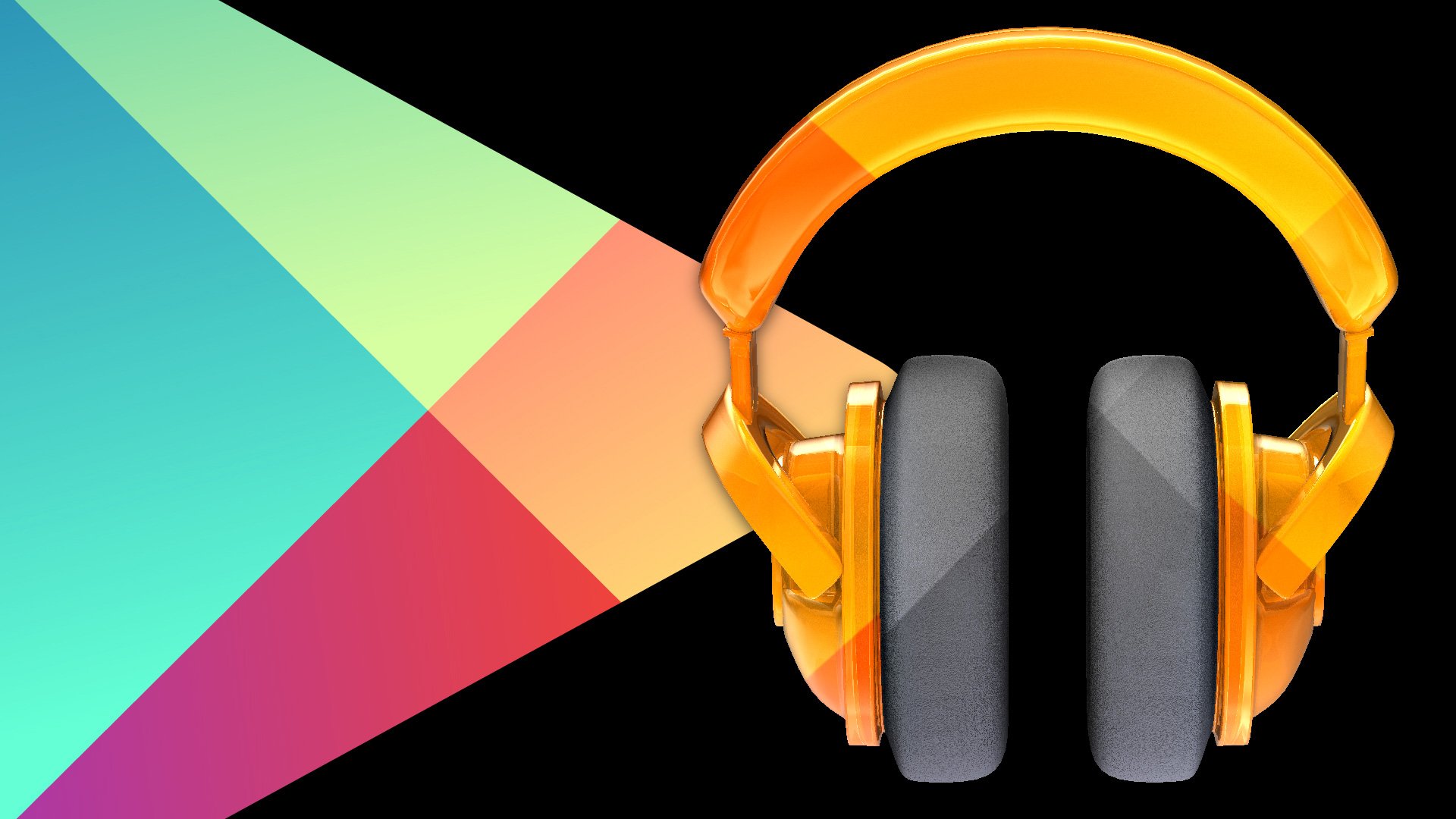 Smartphone.Biz-News.com spoke to Xavier Bertschy, CEO at xb83studio Sàrl and the founder of CityOnline.net, a specialist in web content management. Xavier was one of the speakers at MobileMonday “Android and web-convergence” event that was held last… Monday in Fribourg, Switzerland.
Smartphone.Biz-News.com spoke to Xavier Bertschy, CEO at xb83studio Sàrl and the founder of CityOnline.net, a specialist in web content management. Xavier was one of the speakers at MobileMonday “Android and web-convergence” event that was held last… Monday in Fribourg, Switzerland.
Smartphone.Biz-news.com: Can you tell us a little about CityOnline.net background and what other projects your team has worked on recently?
Xavier Bertschy: CityOnline.net is a Swiss SME providing cityguide technology. Our free service provides prompts information about all local activities of the user’s region: cinemas, concerts, restaurants, hotels, museums and shopping.
 |
| Xavier Bertschy |
Behind CityOnline.net is Skeeble‘s technology. Skeeble.com is a mobile internet database / Content Management System for everyone.
Skeeble imports data from all kinds of sources (XML, databases, static HTML pages, WordPress, Drupal, Typo3, Excel, Access, PDF, and many others) and provides this data in a standard and structured format to all kinds of devices. So as a result, you can manage all your content in one place and Skeeble takes care of creating the data for any interface required.
By having this available, services, events and even information related to tourism are easily accessible to a variety of devices such as mobile phones, smartphone, PDA, iPhone, PSP, Nintendo DS etc. Skeeble automatically detects the user’s device and adapts images, videos, sounds and texts for the interface the user is using.
A good example of this is Crans-Montana Tourism. They had recently started to use our technology. As a consequence, a user is able to access their website from the mobile.
What are your experiences with Android so far?
Our R&D team has performed numerous test applications for internal use. We have explored the main functionalities of the SDK, like the camera functions, the GPS device and the User Interface framework.
As yet, we have not developed a real and usable application, however in the near future we expect to release our first application. CityOnline.net has its own Android application, but it’s a WebView of the Web Application (available with a mobile browser).
 How the Android can help with web content management, its usability and accessibility?
How the Android can help with web content management, its usability and accessibility?
Android has an excellent web browser that supports all the latest technology, i.e. HTML 5. This allows the developers to be really inventive, as they can continue to use the Web 2.0 concepts that they are already familiar with. We admit that a lot of current WebApps are now at the maturity stage, so why not adapt them to be usable on the mobiles phones?
What distinguishes Android from other platforms?
The alliance with Google and the mobile manufacturers will make Android available on many phones brands such as: Nokia, Samsung, LG, Motorola, HTC etc. From what I have seen during the last months, almost all the mobile manufacturers have announced mobile phones with Android for the next two years.
How will Android benefit from the convergence of mobile and web?
I think that Android will benefit from this convergence as it will universalize the usage of WebApp. In this day, due to the constant increases in mobile internet connection speeds, the need for offline phone applications is quickly becoming redundant.
Cloud-computing is the next generation of application usage and Google is making preparations for it, at the same time it is also trying to influence the users/developers behavior using Android and Chrome OS.
Will Android and Chrome converge? Does it make sense? Do you agree that the future is just for the web-based apps?
It is uncertain whether or not Android and Chrome will converge, but I think that Google is betting on the possibility that the usage of web-based apps will flourish. Most of all their services are available through the mobile browsers and are really handy. One of the biggest advantages of web-based apps is that they are compatible with a great number of different devices and browsers unlike native applications.
 What are the main problems Android has to struggle with?
What are the main problems Android has to struggle with?
The Market is one of the biggest weaknesses for Android, reason being there is no way to search a specific application, and at present the quality and the quantity of applications are really low. However, Android is still young and emerging, and Google is constantly improving it day by day.
The Android developers struggle with the problem of custom firmware on many phones as well as the hardware differences between different models. Is there any solution in your mind of how the Android could solve this problem?
I don’t think there is an easy way to manage these problems. For instance, let’s think about the web: with the multitude of different OS and browsers, it gives the developers a hard time but they have learned to deal with that problem. The mobile development will have the same difficulties in the future.
For example, if one wants his/her application to be available on all the different models of devices, he/she would have to be well-informed on the differences and adapt or redevelop the application for each interface. Having said that, it’s not just a simple technical adaptation; you will have to consider the navigation system, the screen size, the kind of available interactions and many other parameters. Perhaps WebApp is the solution but it’s too soon to make this prediction.
Apple’s App Store recently reached three billion downloads. What are the perspectives for Android Market in terms of the competition with the App Store?
I believe that Android Market will one day catch up the App Store. Apple has the monopoly with the App Store because he was the first one in the business. So why do I think that the Android Market will catch up the App Store.
.jpg) There are three different iPhones on the market, but Android is different: manufacturer-free and carrier-free. There is more and more devices with the Android OS, so if you do simple math: more phones = more customers = more money.
There are three different iPhones on the market, but Android is different: manufacturer-free and carrier-free. There is more and more devices with the Android OS, so if you do simple math: more phones = more customers = more money.
Do you agree with the opinion that the Google’s main goal of releasing Nexus One was to gather critical user data for developing new software and improving Android?
It’s really difficult to say what is the main goal of Google. I imagine that Google wants to have a functional phone to show the others manufacturers the possibilities of Android OS.
Is it possible to imagine Android without Google behind it? How would the Android operating system look like without Google’s web-based services?
There aren’t many companies which can afford the costs to develop a free mobile operating system, Microsoft and Apple already have their own system. But sometimes the open source community on the web can be surprisingly innovative and maybe one day we will see a new open source mobile operating system.
And Android, without all Google’s services, would only be a mobile operating system like the others without any advantages. It’s understandable that Google integrates its services in Android, it’s a good way to get more users and develop their loyalty.
What is your best Android feature or application?
Actually, I have two preferences: the customizable home screen with widgets and the integration of Google’s services such as Gmail, the contacts and the calendar.
***
 Mobile Monday is a global community of mobile industry visionaries, developers and influentials fostering cooperation and cross-border business development through virtual and live networking events to share ideas, best practices and trends from global markets.
Mobile Monday is a global community of mobile industry visionaries, developers and influentials fostering cooperation and cross-border business development through virtual and live networking events to share ideas, best practices and trends from global markets.





 How the Android can help with web content management, its usability and accessibility?
How the Android can help with web content management, its usability and accessibility? What are the main problems Android has to struggle with?
What are the main problems Android has to struggle with?.jpg) There are three different iPhones on the market, but Android is different: manufacturer-free and carrier-free. There is more and more devices with the Android OS, so if you do simple math: more phones = more customers = more money.
There are three different iPhones on the market, but Android is different: manufacturer-free and carrier-free. There is more and more devices with the Android OS, so if you do simple math: more phones = more customers = more money.  Mobile Monday
Mobile Monday